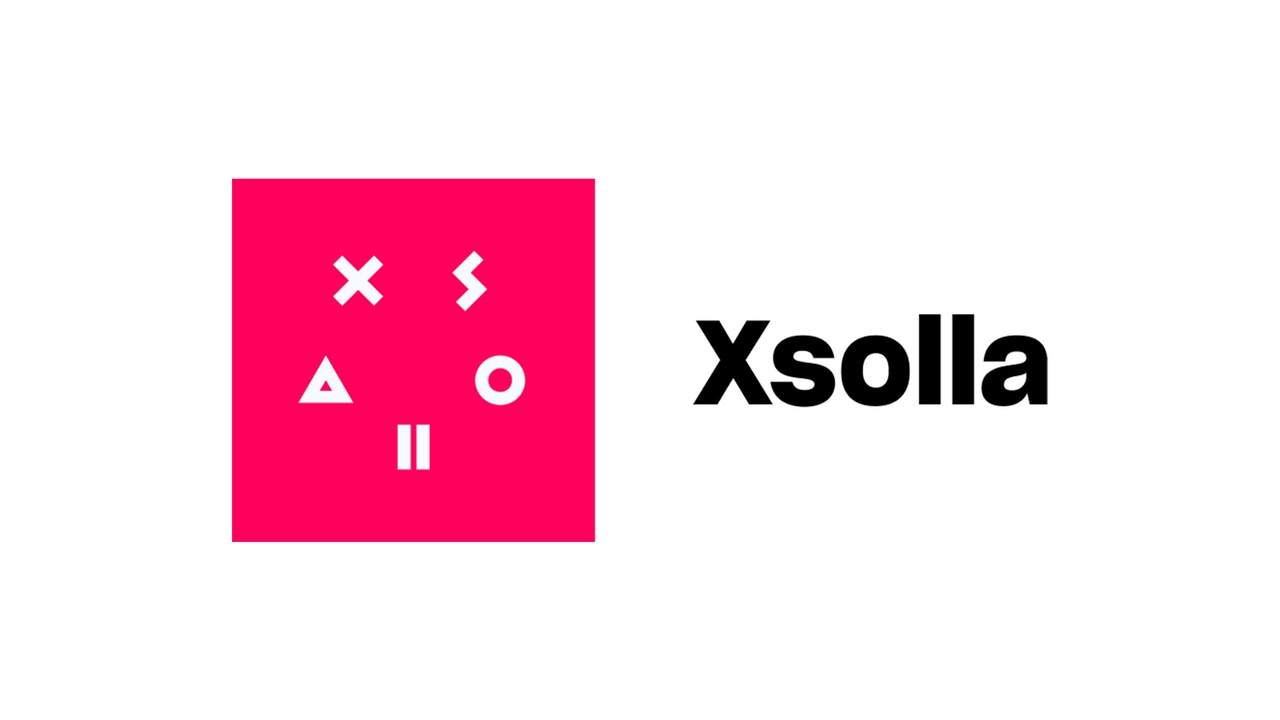Trending
Opinion: How will Project 2025 impact game developers?
The Heritage Foundation's manifesto for the possible next administration could do great harm to many, including large portions of the game development community.

Gamescom 2024 | Read more Gamescom coverage from the Game Developer team right here, including interviews from the show, analysis of leading developer trends, and more.
Xsolla's direct-to-consumer strategy seems aimed at luring devs away from major platform holders.

On a train ride out of Gamescom, I chanced on a pair of junior developers scrutinizing their own lanyards, which sported Xsolla's branding. "Who even IS Xsolla?" one of them asked, as they commented on how they'd seen the branding at all kinds of events over the last year.
Ever the eavesdropper, I leaned in to answer the question. I'm not just familiar with the firm because we've covered them a fair few times on Game Developer, but because just a few hours earlier I'd been chatting with a pair of their executives at their trade area booth. I wasn't surprised at their confusion. Most people don't get into game development to multiply conversions or build digital rewards programs.
But Xsolla has, and it's done so aggressively across the globe. Its biggest win might be its ability to act as a monetization bridge between major game studios and territories they don't traditionally operate in.
I'd hopped into my conversation with Chief strategy officer Chris Hewish and senior VP of EMEA Chris Meredith intending to ask about those territories—but our conversation took a turn that surprised me. We'd been discussing the struggles of live service games when Meredith took a verbal swipe at the "gatekeepers" keeping developers from selling directly to players.
That jolted me out of my jet lag—and helped me reframe something the pair had said earlier. They'd spoken repeatedly about the idea of "democratizing the business of gaming," to allow developers to sell digitally to players directly.
Now, it sure sounded like they were saying they'd like to take a chunk out of the platform business.
Meredith's response to my question about live service games began with a typical analysis of how saturated the market had become, particularly in Europe, one of the territories under "EMEA" he supervises Xsolla's business in.
"It's an awfully congested market," he said, in reference to the high number of games releasing every year. "We still have the gatekeepers doing what they're doing in that respect as well."
Wait, which gatekeepers was he talking about? Government regulators? The App Store? Steam?
He didn't say. And it sure sounded like he was scrambling to not drop any proper nouns as our conversation moved forward. "I mean all of the ones that are still operating in their way in regards to the operation of how they bring their products to market," he said. He pivoted to an explanation of how advertisers are looking to advertise directly to players. "For us, with the relationship with the advertisers bringing their products to market, we are very much aware of trying to put them on the track of the [direct-to-consumer] roadmap, and if you're a small three man developer, that's quite challenging."
He alluded generally to how hard it is for smaller developers to obtain market share when there are so many games with high "brand loyalty," but kept pivoting back to the idea that helping those developers go direct to players (and consequentially, any advertisers on their games go direct to players too), was a big part of Xsolla's plans.
Hewish agreed, noting the live service market is still a "very healthy business," saying they are seeing more developers go direct-to-consumer. He also implied that analyses of the video game market may not have access to any data from those companies, warping what the overall state of the video game economy looks like.
It's factors like that that made Meredith call the overwhelming layoffs of 2023-2024 a "defensive, reactionary" move by companies, rather than a reflection of the health of the market itself.
All this talk of "democratization" and helping devs sell directly to players through their own websites or marketplaces is pretty ambitious talk. But it's not happening in isolation. Epic Games' legal assaults on Apple's iOS App Store and the Google Play Store, as well as its aggressive attempts to compete with Steam paint a picture of corporations frustrated by how platform holders shape the markets they control.
Xsolla's pitch isn't exactly "down with the App Store/Play Store/Steam," but it sure sounds like "devs should be allowed to sell to players without anyone else taking a cut."
Well, almost anybody. I'm sure Xsolla itself would love to have just the teeniest nibble of the transactions that cross its platforms, and pick up a bit of the revenue previously bound for the "gatekeepers" described by Hewish.
You May Also Like